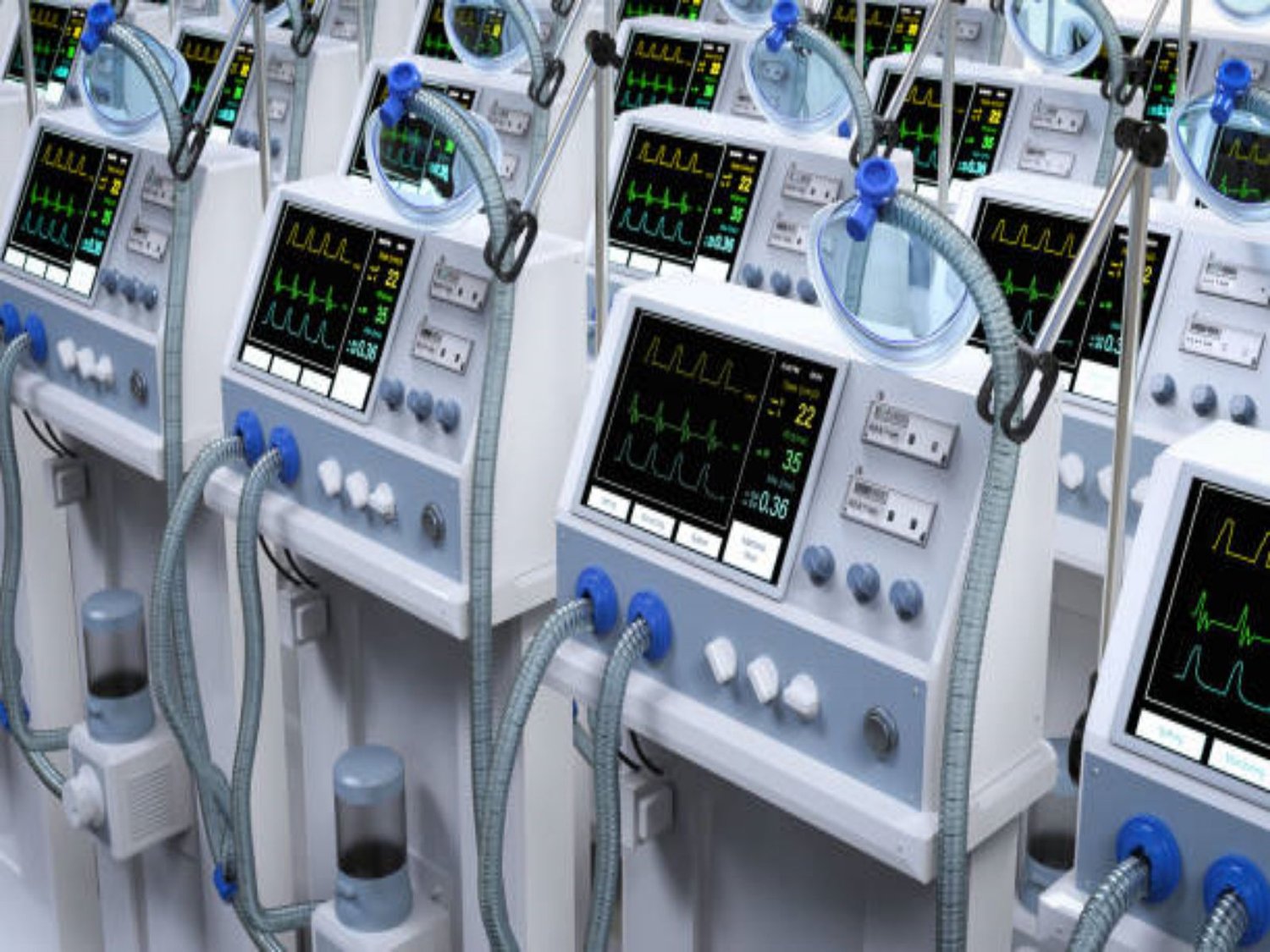1. The Importance of Battery Life in Medical Equipment
Battery life is a crucial aspect when it comes to medical equipment. In critical situations, where patients' lives are at stake, it is imperative that medical devices function reliably. The Battery Management System (BMS) plays a vital role in maximizing the efficiency and optimizing battery life in medical equipment. By maintaining the health and longevity of the battery, the BMS ensures uninterrupted operation and reduces the risk of equipment failure during critical moments.
2. Understanding the Battery Management System (BMS)
The Battery Management System (BMS) is an electronic system designed to monitor and control the performance of a battery. It regulates the charging and discharging process, monitors the battery's state of charge, and protects it from overcharging or discharging. In medical equipment, the BMS is specifically tailored to meet the unique requirements of the devices, ensuring optimal battery performance and longevity.
3. Optimizing Battery Life with Advanced Battery Chemistry
In recent years, advancements in battery chemistry have greatly contributed to maximizing battery life in medical equipment. Lithium-ion batteries, for example, offer higher energy density and longer cycle life compared to traditional battery chemistries. By utilizing these advanced battery chemistries, medical equipment manufacturers can optimize battery life and reduce the frequency of battery replacements, ultimately leading to cost savings and increased efficiency.
4. Efficient Power Management Techniques
Efficient power management techniques are essential in optimizing battery life with medical equipment BMS. This includes implementing power-saving features such as sleep modes, automatic shutdowns, and intelligent power management algorithms. By reducing power consumption during periods of inactivity or low demand, these techniques help extend the battery life and ensure efficient operation when needed.
5. Regular Battery Maintenance and Calibration
Regular battery maintenance and calibration are crucial to maximizing battery life with medical equipment BMS. Proper maintenance includes routine inspections, cleaning, and testing to identify any issues or abnormalities. Calibration ensures that the BMS accurately measures the battery's state of charge and adjusts its charging and discharging parameters accordingly. By adhering to a comprehensive maintenance schedule, healthcare providers can optimize battery life and reduce the risk of unexpected failures.
6. Real-Time Monitoring and Alerts
Real-time monitoring and alerts provided by the BMS are invaluable in maximizing battery efficiency. The BMS constantly monitors the battery's health, temperature, voltage, and other crucial parameters. It provides real-time feedback to healthcare professionals and alerts them in case of any abnormalities or potential issues. By promptly addressing these alerts, healthcare providers can take preventive measures and avoid battery failures, ensuring uninterrupted operation of medical equipment.
7. Impact of Environmental Factors on Battery Life
Environmental factors can significantly impact battery life in medical equipment. Extreme temperatures, humidity, and exposure to moisture can degrade battery performance and shorten its lifespan. To optimize battery life, it is essential to store and operate medical equipment in controlled environments. Additionally, the BMS should be designed to withstand harsh conditions and provide enhanced protection against environmental factors.
8. Battery Capacity Planning and Redundancy
Battery capacity planning is crucial in optimizing battery life with medical equipment BMS. By accurately assessing the power requirements of the devices and considering the expected usage patterns, healthcare providers can determine the optimal battery capacity. Additionally, incorporating redundancy in the form of backup batteries or secondary power sources ensures uninterrupted operation in case of battery failure or depletion. This strategic planning helps maximize efficiency and reliability in critical healthcare settings.
9. Training and Education for Healthcare Professionals
Training and education for healthcare professionals play a vital role in optimizing battery life with medical equipment BMS. Healthcare providers should receive comprehensive training on the proper use, maintenance, and troubleshooting of medical equipment. This includes understanding the BMS functionalities, interpreting battery health indicators, and performing routine maintenance tasks. Well-trained professionals can effectively utilize the BMS features, prolong battery life, and minimize the risk of equipment malfunctions.
10. Future Trends and Innovations in Battery Management
The field of battery management is continually evolving, with ongoing research and development focused on maximizing efficiency and optimizing battery life. Future trends and innovations include the integration of artificial intelligence (AI) algorithms to enhance power management, the use of renewable energy sources for charging, and the development of more durable and longer-lasting battery chemistries. These advancements hold the potential to revolutionize medical equipment battery management, further improving patient care and outcomes.

